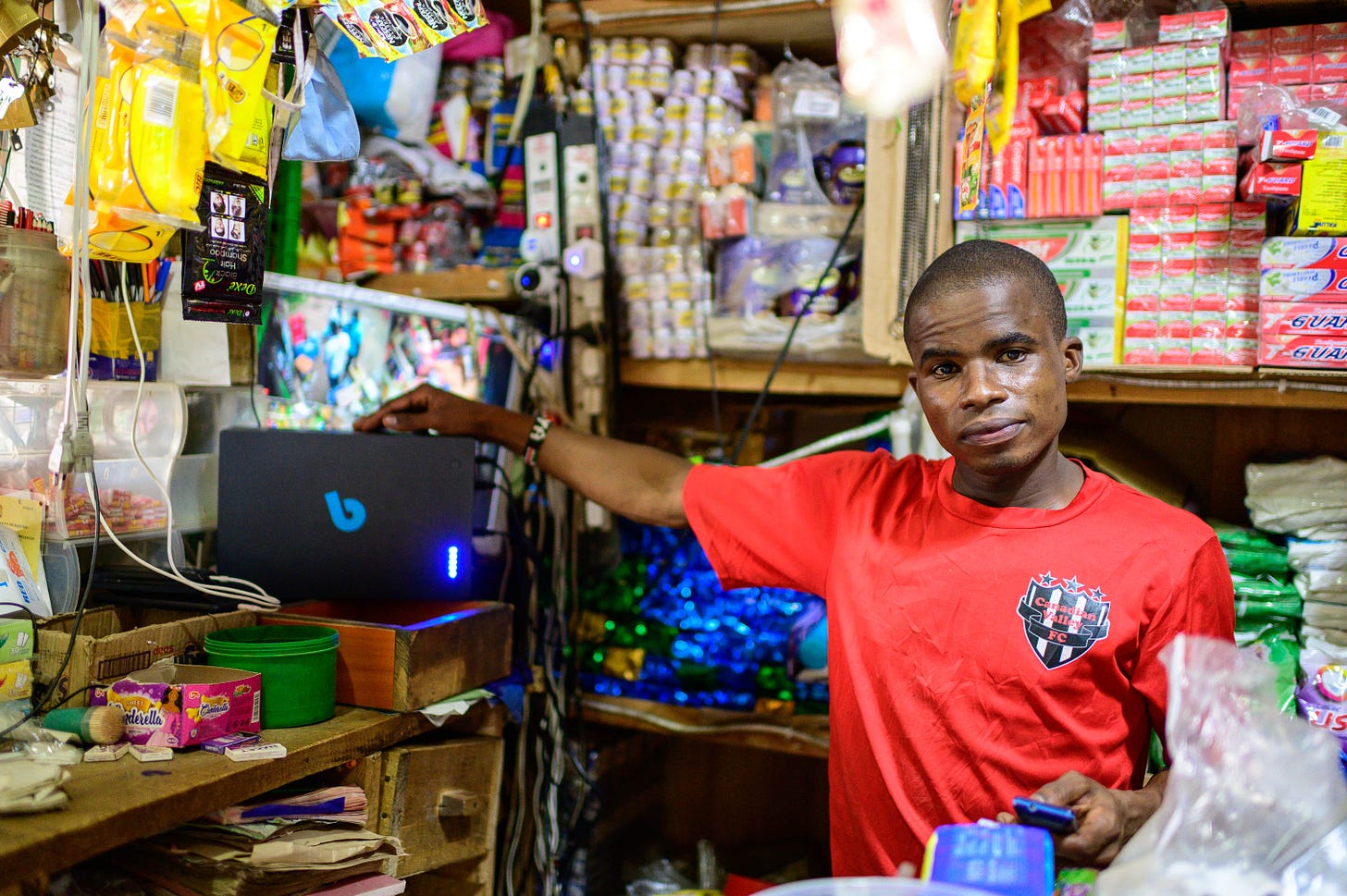Governments must prioritize off-grid solar in Africa’s economic recovery, says Bboxx and UCL in new report
Covid “has exacerbated some hard truths about the inequality of energy access,” says Nick Hurd, Senior Adviser, Bboxx and former UK Government Minister
Bboxx, a next-generation utility, and UCL’s Engineering for International Development Centre have published a new report Off-Grid Energy and Economic Prosperity.
It uncovers the wealth of evidence on the relationship between access to off-grid electricity and economic prosperity in Sub-Saharan Africa.
It highlights the urgent need for governments and policymakers to prioritise off-grid solar in a bid to accelerate inclusive and sustainable economic development.
Off-grid Solar Home Systems and mini-grids are essential to provide energy access in rural communities in Sub-Saharan Africa.
The research highlights how off-grid energy access enhances living standards in local rural economies, powers community services like education and healthcare, improves household and business financial capacity and generates greater employment levels and contributions to GDP.
This latest report makes the following three recommendations to further strengthen the relationship between off-grid electricity access and economic well-being and prosperity, all necessary to improve economic resilience post-Covid and beyond:
Governments need to focus on investment in the off-grid energy sector
Inequality in energy access in Sub-Saharan Africa that was rife prior to the pandemic must not be exacerbated. Governments must design supportive policy environments to ensure consumers struggling are met with leniency in bill payments or a reduction in energy costs. Subsidies are essential. Incentives for renewables will stimulate local economic development, regain lost jobs and drive the creation of new jobs.
Incorporate productive use of electricity into government electrification strategies
Productive use of electricity i.e. using electricity for commercial, agricultural or industrial uses, can reinforce the creation and improvement of local value chains, diversify livelihoods and reduce vulnerability to external shocks.
While in rural areas in Sub-Saharan Africa, solar electricity is largely used for lighting or television, to truly accelerate local development, governments should develop policies that go beyond these basic needs to also include local productive activities. This will accelerate economic growth.
Greater attention is needed to promote gender-inclusive energy policies
Energy policies need to actively take into account women’s concerns in rural Sub-Saharan Africa. It is essential to incorporate women’s experiences into policymaking and project planning to foster more inclusive economic prosperity from energy. Specifically, gender-focused energy strategies should focus on enhancing financial inclusion and access to productive economic activities.
Nick Hurd, Senior Adviser to Bboxx, commented: “This report makes clear what access to energy means in terms of economic development and the opportunity to transform lives.
All the talk of building back better from Covid needs to confront the hard truths about the terrible inequality of energy access, especially in Sub-Saharan Africa. Providing universal access to clean energy is a crucial catalyst for shaping the green and inclusive recovery that we must deliver.
“We have the tools to reach everyone, both on-grid and off-grid. All that is lacking is the collective leadership to seize the opportunity. Expressing concern about the impact of Covid on the UN Sustainable Development Goals is not enough. We need to convert talk into real world action, with the next milestone being COP 26 – now just months away.”
Dr. Priti Parikh at UCL, added: “We have found extensive evidence of the irrefutable link between greater access to solar energy in off-grid communities in Sub-Saharan Africa and economic development and prosperity. There is no doubt that off-grid solar has the enormous potential to support local economic growth in communities and SMEs.
“It is now vital that policies are developed and implemented on a local, national and inter-governmental level to ensure that off-grid solar energy remains front and centre. Translating political commitments into tangible steps will ensure better economic well-being for all.”




